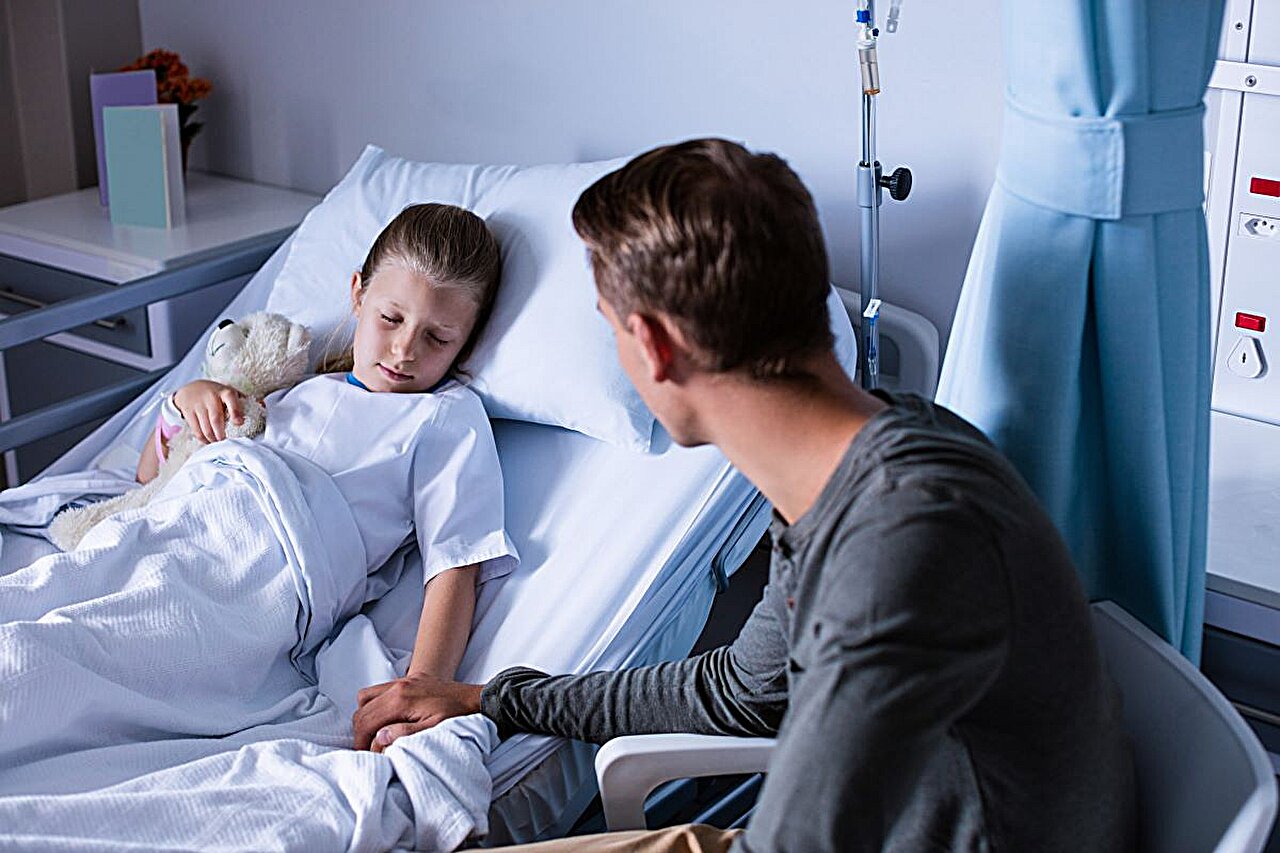
Children with medical complexity (CMC) who reside in rural areas are significantly more likely to present to hospitals without dedicated pediatric services, according to a study published online Sept. 24 in JAMA Network Open.
JoAnna K. Leyenaar, M.D., Ph.D., from Children’s Hospital at Dartmouth-Hitchcock Medical Center in Lebanon, New Hampshire, and colleagues assessed availability of pediatric services for CMC presenting at acute care hospitals. The analysis included all-payer claims data from children living in Colorado, Massachusetts, and New Hampshire from 2012 to 2017.
The researchers identified 36,943 CMC who experienced 79,906 hospitalizations. They found that rural-residing CMC were 6.55 times more likely to present to hospitals without dedicated pediatric services and 2.03 times more likely to present to hospitals without pediatric beds compared to urban-residing CMC. There were no significant differences in interfacility transfer rates.
Rural-residing CMC had an increased risk for in-hospital mortality (rate ratio, 1.44), but when adjusting for clinical characteristics, the difference in in-hospital mortality was no longer significant. Rural-urban outcomes were not modified significantly by index hospital type, but interfacility transfer was a significant modifier of rural-urban differences in surgical safety events.
“These findings suggest that efforts are justified to ensure that all hospital types are prepared to care for CMC,” the authors write.
More information:
JoAnna K. Leyenaar et al, Rural-Urban Disparities in Hospital Services and Outcomes for Children With Medical Complexity, JAMA Network Open (2024). DOI: 10.1001/jamanetworkopen.2024.35187
© 2024 HealthDay. All rights reserved.
Citation:
Rural-urban differences seen in hospitals’ pediatric services (2024, October 2)
retrieved 6 October 2024
from https://medicalxpress.com/news/2024-10-rural-urban-differences-hospitals-pediatric.html
This document is subject to copyright. Apart from any fair dealing for the purpose of private study or research, no
part may be reproduced without the written permission. The content is provided for information purposes only.


